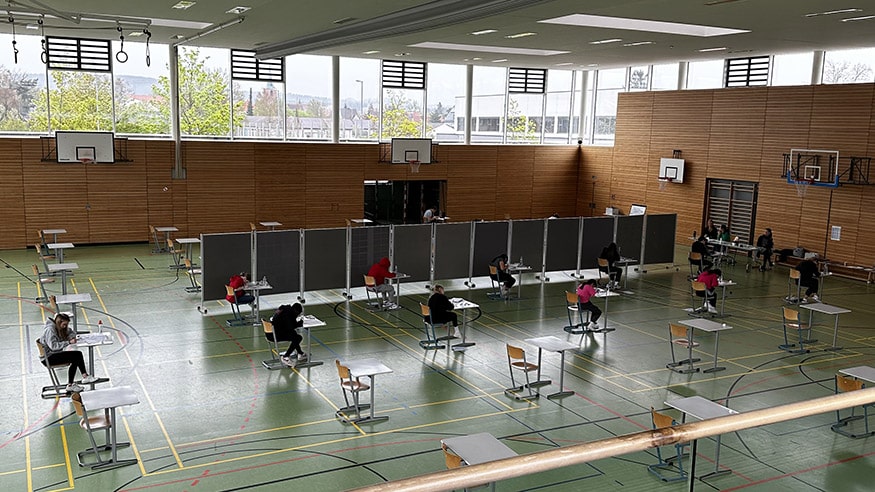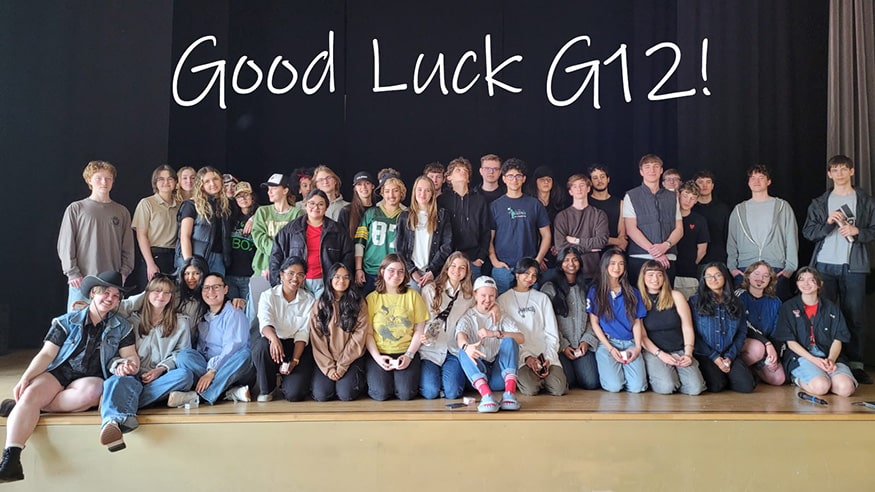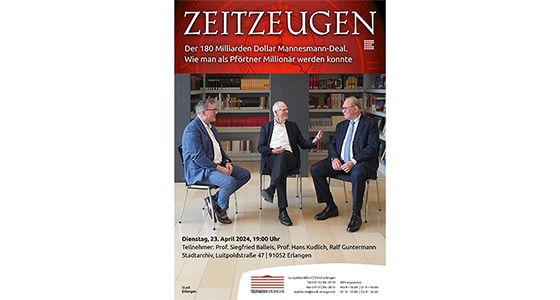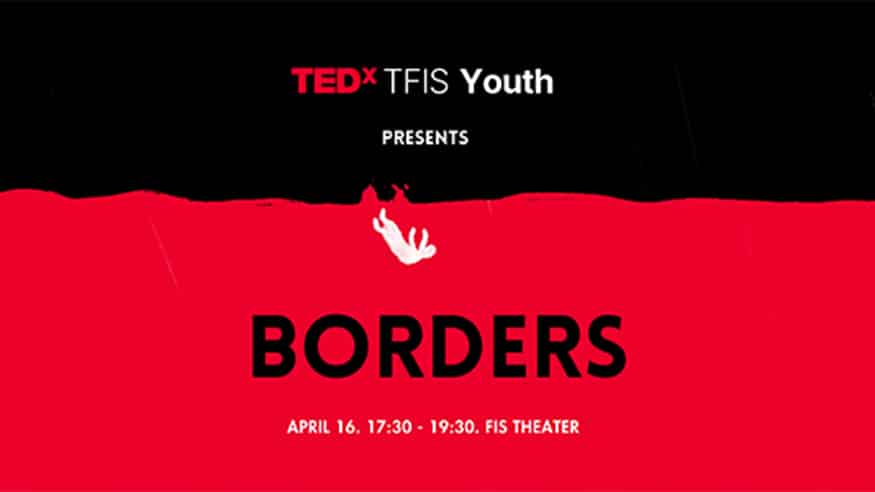In my last article, I passed on our best wishes to our G12 students who start IB exams today. Remember to stay focused, trust in your abilities, and take care of yourselves during this stressful period.
This year, one tool that has been causing a lot of debate in the education community is ChatGPT. Since its launch in November of last year, the tool has gained one million users worldwide in just five days. Compare this to Netflix launching in 1999, which took 3.5 years to gain one million users (“ChatGPT Sprints”).
This popularity has sparked discussions about its potential impact on education. Whether we worry that AI tools such as ChatGPT may facilitate cheating or we see it as a valuable teaching tool – it is clear that our students are growing up in a world where the use of AI programs will become the norm, and we must prepare them accordingly.
One of the challenges that ChatGPT has highlighted is the issue of authenticity, reliability, and “truth” of information. The International Baccalaureate (IB) has raised concerns about the “post-truth” era and the need for critical thinking skills. With so much information available, how can we help our students become critical thinkers? The IB encourages students to take a critical approach to their studies, particularly in the MYP Personal Project and the DP Theory of Knowledge (ToK) course.
The ToK course is especially significant, as it encourages students to consider the question, “how do we know that?” Students have the opportunity to explore real-life situations through a ToK lens, reflecting on the way that knowledge is constructed on both a personal and shared level. By exploring different perspectives and becoming aware of their own cultural biases and assumptions, students can become more critical consumers of information.
Such approaches also help our students to navigate the world of social media – often their primary news source – with a critical lens and keen eye. Fake news accounts for a significant portion of the information that is shared on social media, and young people are particularly susceptible to it. A study by Stanford Graduate School of Education found that many middle and high school students in the US have trouble identifying credible online resources (Donald).
Courses such as ToK contribute significantly to developing critical thinking skills. By encouraging students to reflect on the nature of knowledge, ToK helps students become more discerning consumers of information. This can not only lead to a more selected consumption of credible news, but also prepares them for the world of tomorrow and equips them to make informed decisions.
ChatGPT has highlighted the need for critical thinking skills in today’s world. At the FIS, educators trust that they can make contributions to their students’ ability to distinguish unreliable “information” from verifiable information, and to separate myths from facts.
Wishing everyone a relaxing, long weekend!
Liam Browne
Head of School
“ChatGPT Sprints to One Million Users.” Statista, edited by Katharina Buchholz, 24 Jan. 2023, www.statista.com/chart/29174/time-to-one-million-users/#:~:text=According%20to%20information%20coming%20from,in%20November%20of%20last%20year. Accessed 28 Apr. 2023.
Donald, Brooke. Weblog post. Stanford Researchers Find Students Have Trouble Judging the Credibility of Information Online, 22 Nov. 2016, ed.stanford.edu/news/stanford-researchers-find-students-have-trouble-judging-credibility-information-online. Accessed 28 Apr. 2023.






